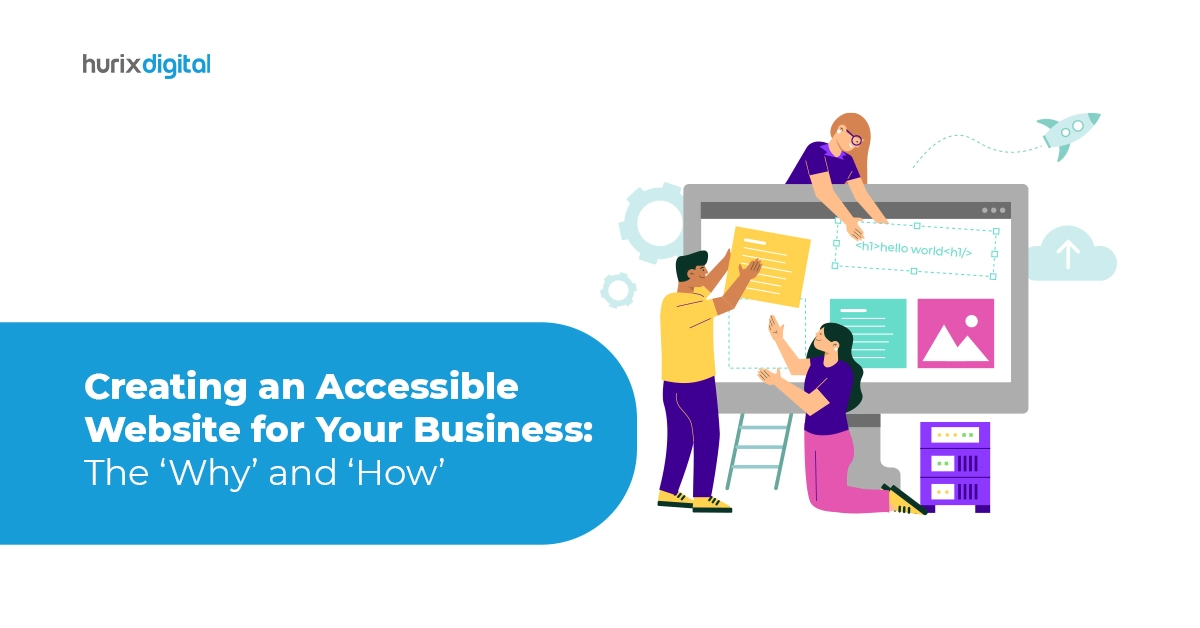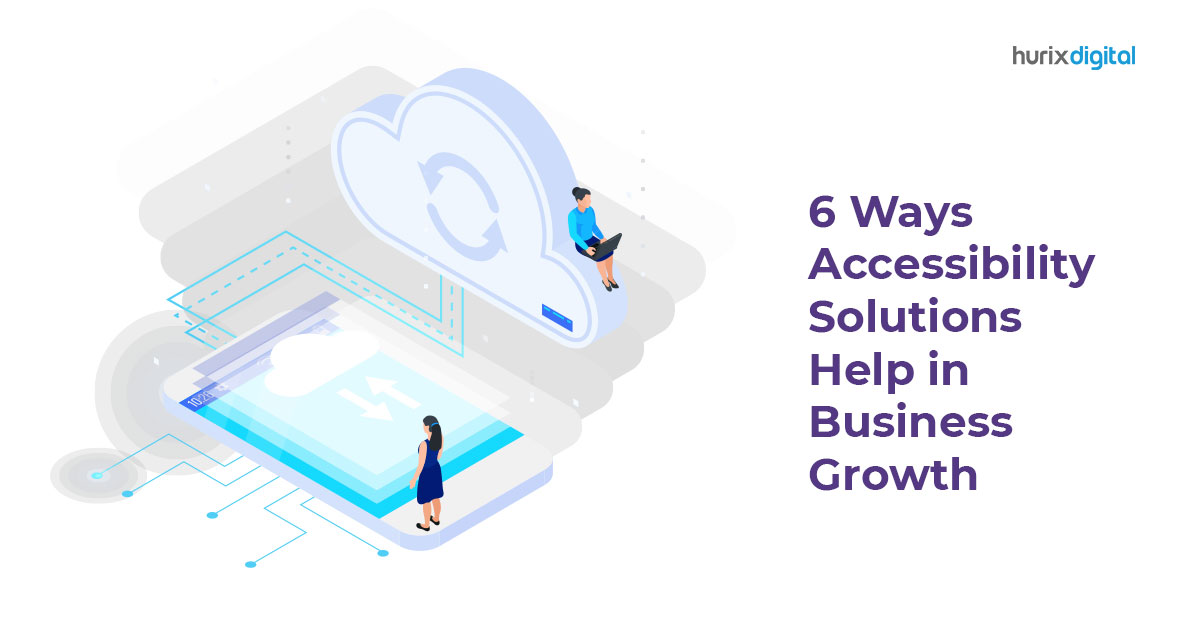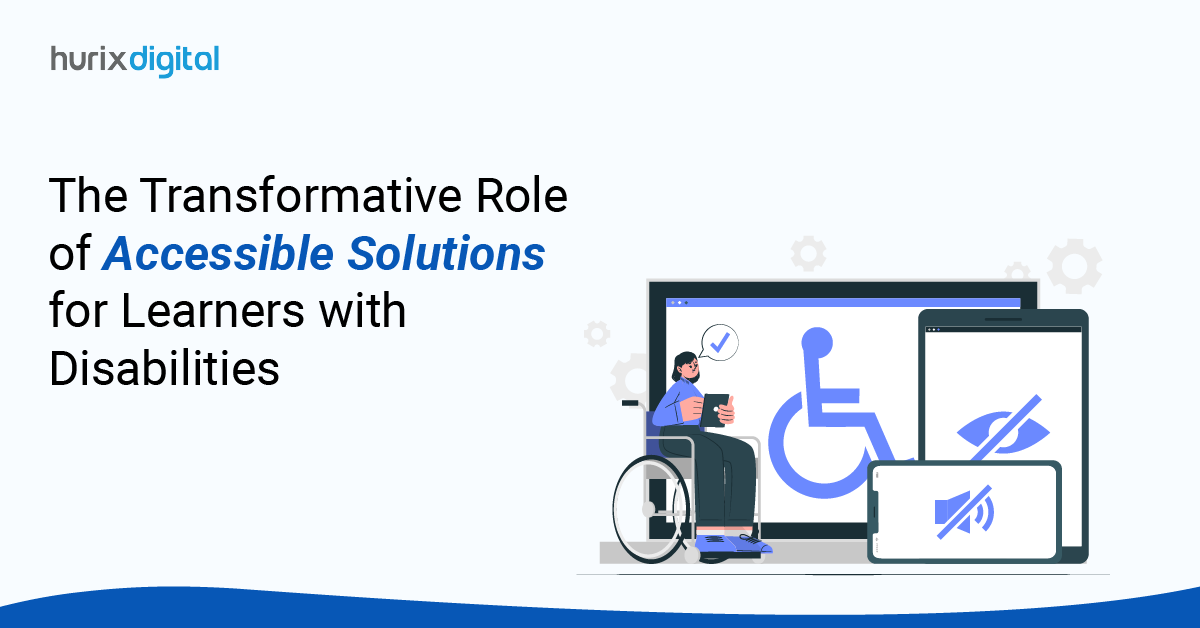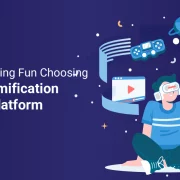In the fast-paced digital era, where online presence is key to business success, ensuring that your website is accessible to everyone is no longer an option—it’s a necessity. The term “web accessibility” encompasses a set of practices that make your website usable for people of all abilities. In this article, we’ll delve into the ‘why’ and ‘how’ of creating an accessible website for your business, exploring key aspects such as accessibility standards, ADA compliance, WCAG guidelines, and more.
Table of Contents:
Why is Web Accessibility Important for Your Business Website?
Imagine walking into a store but being unable to access the products because the shelves are too high. Online, a similar scenario unfolds when a website is not designed with accessibility in mind.
Web accessibility ensures that everyone, regardless of their abilities or disabilities, can navigate and interact with your digital storefront. This inclusivity not only widens your audience but also enhances your brand reputation.
Accessibility Standards and ADA Compliance
To create an accessible website, it’s crucial to adhere to accessibility standards and ensure
ADA (Americans with Disabilities Act) compliance. These standards set the groundwork for making web content accessible to people with disabilities. By incorporating ADA compliance into your website, you not only meet legal requirements but also demonstrate a commitment to inclusivity.
Also Read:
The Importance of ADA Compliance for Website Owners
How Do You Make Your Website Accessible?
1. WCAG Guidelines: A Blueprint for Accessibility
The
Web Content Accessibility Guidelines (WCAG) provide a comprehensive framework for creating accessible web content. From perceptible information to operable user interfaces, WCAG covers various aspects. Incorporating these guidelines ensures that your website is user-friendly for everyone.
2. User-Friendly Website Design
Simplicity is key. A clutter-free design not only enhances the user experience but also benefits those with cognitive disabilities. A clear and concise layout, intuitive navigation, and easy-to-understand content contribute to a user-friendly website.
3. Digital Accessibility Across Devices
In today’s mobile-centric world, your website should be accessible on various devices. Ensure responsive web design to accommodate users accessing your site from smartphones, tablets, or desktops. Mobile accessibility is an integral part of creating an inclusive online environment.
Also Read:
Navigating Accessibility Standards: A Comprehensive Guide to WCAG & Web Content Accessibility
How Can Web Accessibility Be Helpful?
a) Expanding Your Audience Reach
An accessible website opens up your business to a broader audience. By catering to people with disabilities, you tap into a market that is often overlooked. A more extensive audience means more potential customers for your products or services.
b) Boosting SEO and Online Visibility
Search engines favor websites that are user-friendly and provide a positive experience for all users. By implementing web accessibility practices, you not only enhance user experience but also improve your website’s SEO, contributing to better online visibility.
How Do You Make Sure That You Are Doing the Right Thing?
1. Visual Impairment Accessibility
Consider users with visual impairments by implementing features such as alternative text (alt text) for images. Alt text describes images, making them accessible to screen readers. This small but impactful addition ensures that everyone can understand the content, regardless of their visual abilities.
2. Alt Text Implementation for Images
Alt text is a simple yet powerful tool for web accessibility. By providing descriptive alt text for images, you make your website content accessible to individuals using screen readers. This not only enhances inclusivity but also improves SEO.
Conclusion
Creating an accessible website is a strategic move for your business, and at
Hurix Digital, we understand the importance of a user-friendly online presence. Our experts specialize in implementing web accessibility features, ensuring that your website is not only compliant with standards but also provides an optimal user experience for all.
Contact us and elevate your digital presence today!









